In celebration of Down Syndrome Awareness Month, Fun and Function interviewed Jodi Samuels, known for her international advocacy for people with disabilities. Jodi shares the joys and challenges of her teenage daughter Caila, and her vision for real inclusion.
1. Tell us about your youngest daughter Caila. How has her view of the world changed your perspective?
Caila is a remarkable young lady who continues to supersede expectations. Her accomplishments are many– progressing to 7th grade in a regular classroom, learning a second language, going to a month-long sleepaway camp since she was 10 and being featured in modeling catalogues. She’s passionate about dance, loves animals and nothing brings her more joy than attending her youth group.
Caila is extremely social and her greatest wish is for inclusion, social connection and friends. She calls herself the “Mayor of Jerusalem” because everyone knows her. It’s tough being a teenage girl and I see her greatest stress is simply not knowing how to successfully be part of a group. She is acutely aware of her environment and will tell me things like “X pretends to like me but I know she does not.”
She lives between two worlds, and struggles to find her identity in both the regular world and special needs world. Caila is aware of her challenges yet she still smiles and perseveres. She has taught me that life does not have to be perfect to be wonderful.
2. What are some of the challenges of people's first reaction to special needs and Down Syndrome? How do you influence that?
People immediately assume Caila’s learning potential is limited. They refer to “those people” or say that Caila should only be friends with and educated with other people with special needs, without even interviewing her. I know that they don’t see her uniqueness, but instead, believe all people with special needs are the same. I have to educate therapists, teachers, principals, and government officials who love to put people in boxes. Teenagers with Down Syndrome don’t want to be thought of as sweet and cute. They have hopes and aspirations just like any other teenager.
I realized early on in our journey with Caila that if I wanted to make the world a better place for her I would have to be the one to make it better. I realized I would have to be an advocate, activist, and educator and use my voice. I write my own blog, post updates of her journey on @Cailys_World, and contribute to public forums. I always take opportunities to speak on podcasts, webinars, and in person. I give talks to community leaders, rabbinical students, medical students, and high school students. I recently published a book Chutzpah, Wisdom and Wine that shares my journey. My policy is honesty and addressing the topics without beating around the bush while adding in a dose of humor.
The most important way we change the world is showing the world how we interact with Caila– how we treat her in the most normative way and don’t hide her, apologize for her or make excuses for her. People see the love her siblings have for her. She has traveled to 50 countries and donated her Bat Mitzvah gifts to a village in Africa so that they could have water and electricity. The message is that despite her disability she is an amazing, unique individual who can achieve so much.
3. You and your husband have described being activists without boxing gloves on. What's that like?
I would say we are activists with figurative boxing gloves. Each day we wake up we are either training for the fight or in the fight. It’s exhausting but it’s a fight with a purpose. If you don’t know what you are living for you have not yet lived. Our passion for the cause motivates us to continue the fight!
4. What can each of us do, in our daily lives, to be more attuned and encourage real inclusion?
I have a talk dedicated to this concept. In a nutshell, real inclusion requires people to move away from the model of tolerance and kindness that inadvertently creates people with disabilities as the “other,” an object or a project.
It is time to begin treating people with disabilities as we should treat all people. Protect them when they need protection, help them when they need help, and support them when they need support.
No less than they need, no more than they require, and always as equals.
Share your story with our community on Instagram and Facebook. Find helpful sensory solutions for Down Syndrome and other challenges.

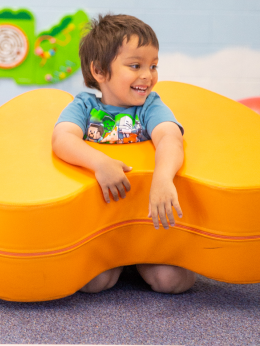


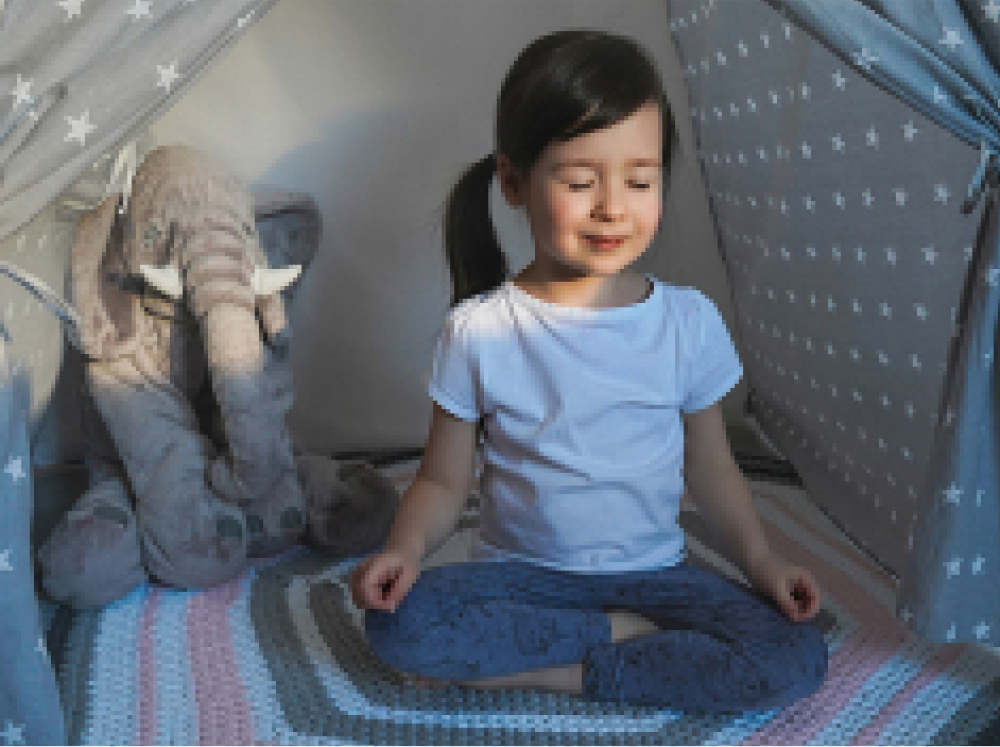
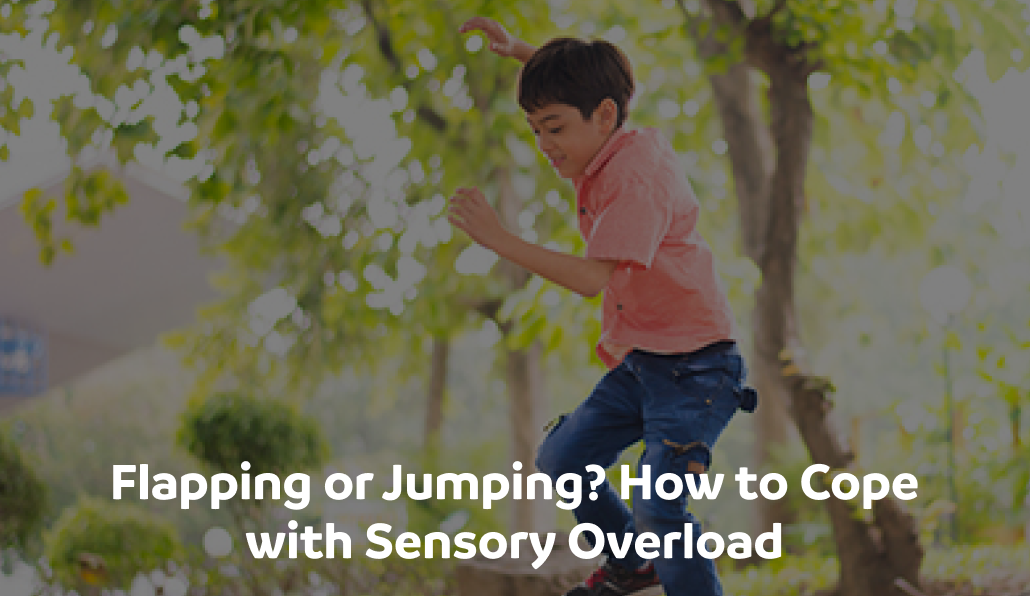
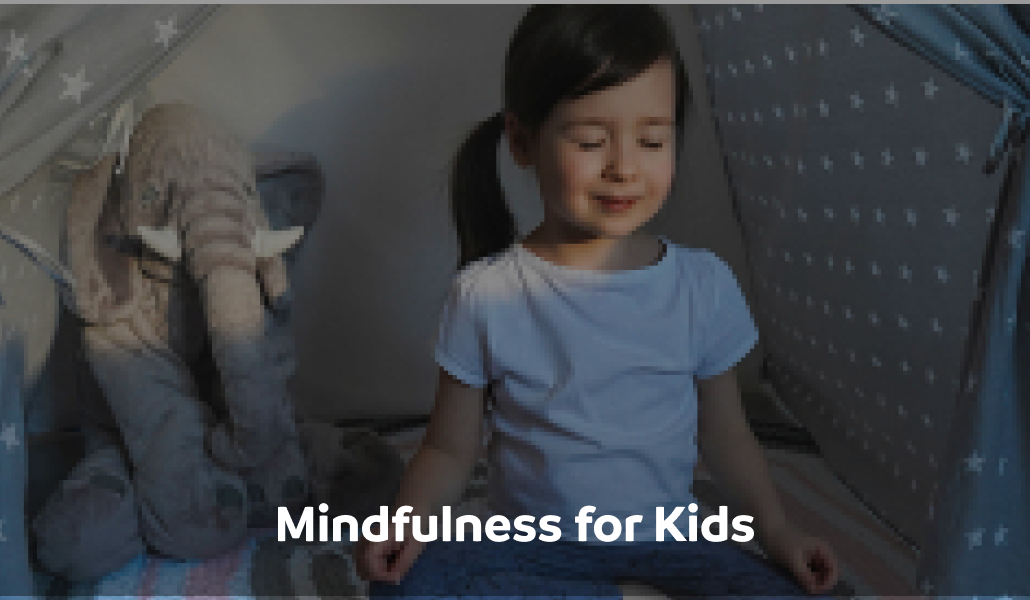

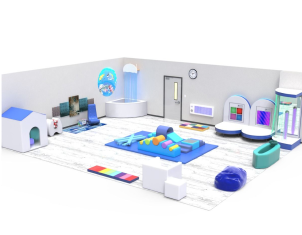
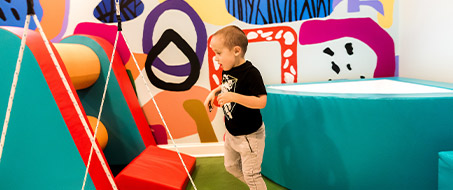
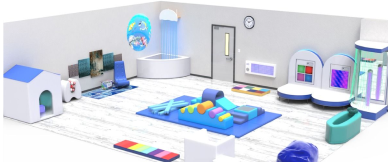
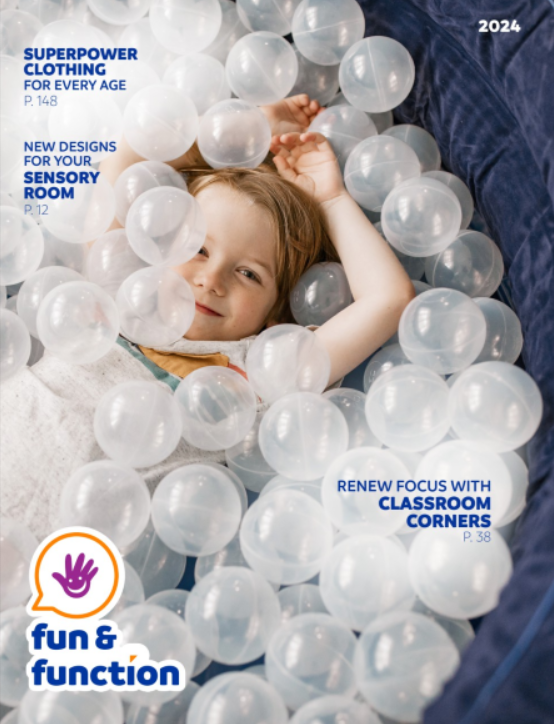
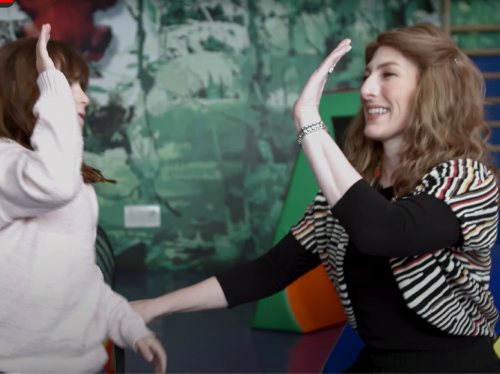
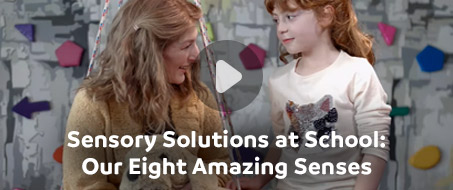
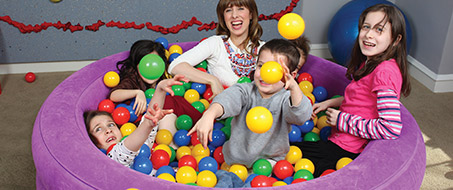





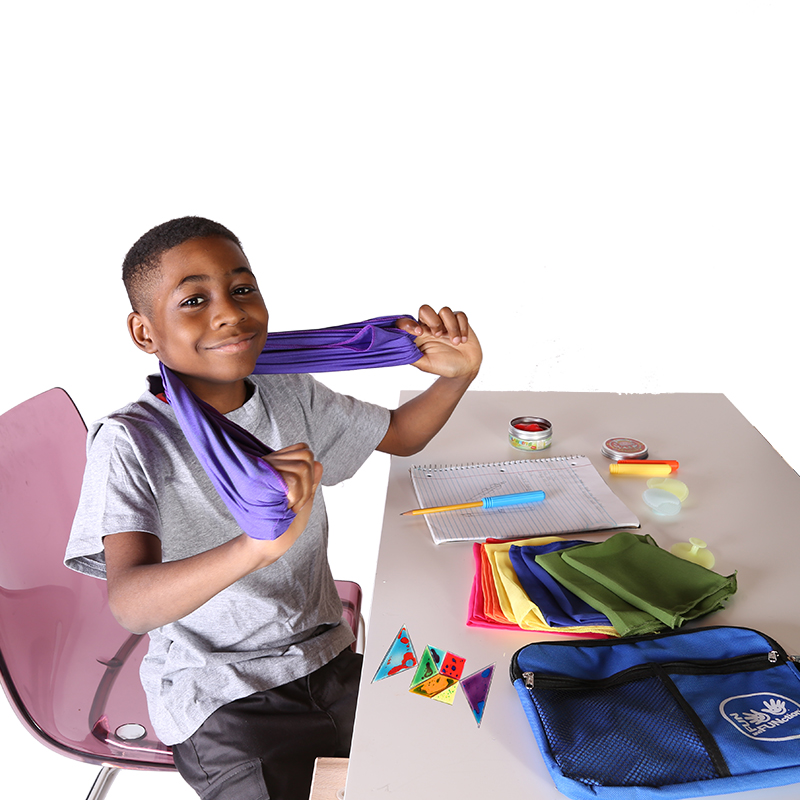


Comments